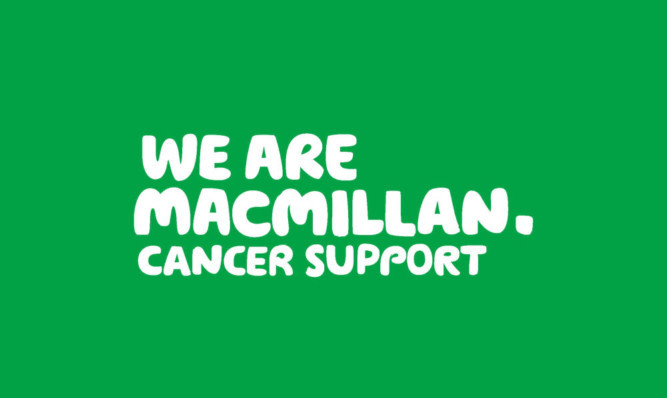A charity helped more than 100,000 Scots cancer patients claim over a quarter of a billion pounds in government benefits, officials have said.
Macmillan Cancer Support said its welfare rights service has helped 112,000 people with cancer, and their carers, to claim an average of £2,500 per person over the last 13 years.
It amounts to a total of £285 million in government benefits, grants and debt support put into the pockets of cancer patients, the charity said.
Janice Preston, Macmillan’s head in Scotland, said: “Cancer can have a hugely negative impact on someone’s finances. Often they are forced to give up work while facing increased costs like travel to hospital.
“Many patients will never have claimed benefits before and trying to navigate the system and fill in long complex forms while dealing with the physical and emotional problems cancer brings can be very difficult.
“We are proud that the services pioneered by Macmillan have been able to help so many people. Demand is only likely to increase as a result of benefits cuts and changes.”
Macmillan now has 22 such services operating across Scotland after the first one was established 13 years ago.
It set up its first benefits advice service in 2003 after research found cancer patients were missing out on millions of pounds because they had no idea how to claim – despite evidence showing that money was the second biggest worry for cancer patients.
Further research carried out in 2013 reported 80% of cancer patients were £420 a month worse-off after diagnosis, the charity said.
Macmillan said there is still work to be done to make sure everyone gets help.
Ms Preston added: “Some people are still slipping through the cracks and are missing out on benefits they desperately need simply because they don’t know help is available.”
